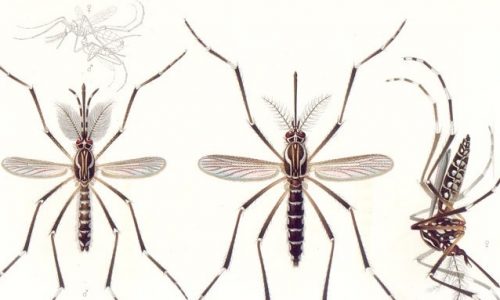Global Mosquito Alert to fight mosquito-borne diseases
A new alliance of citizen science organizations and UN Environment has been launched to escalate the global fight against mosquito-borne diseases: Global Mosquito Alert.
The new initiative brings together thousands of scientists and volunteers from around the world to track and control mosquito borne viruses, including Zika, yellow fever, chikungunya, dengue, malaria and the West Nile virus. It is the first global platform dedicated to citizen science techniques to tackle the monitoring of mosquito populations.
Key citizen science mosquito monitoring initiatives will work together to enable members of the public to join scientists to understand the spread of mosquito species capable of carrying these critical diseases and to provide information to help health professional and citizens to manage the associated risks. The alliance empowers national networks, stakeholders and governments to generate and access real-time data and tools through the UN electronic platform ‘Environment Live” to fight global mosquito borne diseases and save 2.7 million lives every year.
The group agreed to share current approaches to monitor breeding sites, and to measure the nuisance value of the citizen mosquito experience to support health risk management. It was also agreed to pool knowledge and experience on citizen science programmes to monitor biodiversity of mosquito species using the latest DNA identification techniques.
The consortium includes: Mosquito Alert, Spain; MosquitoWEB Portugal; Zanzamapp in Italy; Muggenradar in the Netherlands; the Globe Observer Mosquito Habitat Mapper, USA/International and the Invasive Mosquito Project USA. The secretariat for the Global Mosquito Alert is held by The European Citizen Science Association (ECSA).
The vision of Global Mosquito Alert is: “A shared, coordinated platform to leverage citizen science for the global surveillance and control of disease-carrying mosquitos, including the species that bear: Yellow fever, Chikungunya, dengue, Zika, malaria, and West Nile virus.
Continue reading on the ECSA website. The item is also available in Chinese, Arabic, German, Catalan, Spanish & Greek.

